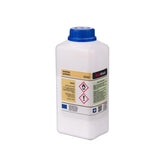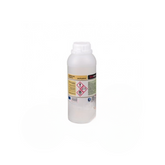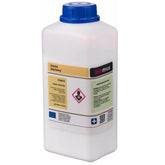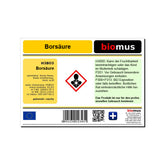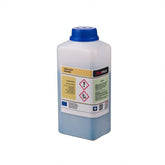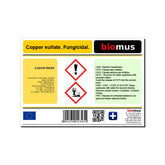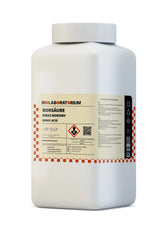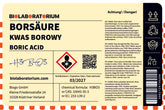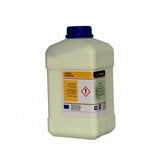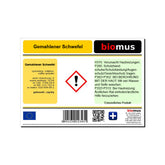Tea tree oil, also known as melaleuca oil, is an essential oil extracted from the leaves of the tea tree (Melaleuca alternifolia). This fascinating natural product has developed into a true all-round talent in recent years and finds diverse applications in both industry and cosmetics.
Industrial applications of tea tree oil
Tea tree oil is of great importance for many industrial processes due to its impressive antibacterial, antifungal, and anti-inflammatory properties. It plays a particularly important role in the production of cleaning agents, disinfectant products, and hygiene products.
Use in cleaning agents and disinfectant products
Due to its natural effectiveness against a broad spectrum of bacteria, fungi, and viruses, tea tree oil is a valuable component in many cleaning agents and disinfectant products. It helps thoroughly disinfect and clean surfaces, equipment, and work areas without having to use harmful chemicals. Many companies in the food processing, healthcare, and industrial sectors are therefore increasingly relying on tea tree oil-based products.
Application in hygiene products
Tea tree oil is increasingly being used in the production of hygiene products such as soap, shampoo, toothpaste, and deodorants. Its antimicrobial effect helps effectively combat bacteria and fungi, thus improving the hygiene and skin compatibility of the products. At the same time, it gives them a pleasant, natural scent.
Use as technical aroma and fragrance
In addition to its disinfecting and cleaning properties, tea tree oil is also used as a technical aroma and fragrance in industrial processes. Its diverse scent notes can, for example, give cosmetics, detergents, or room sprays a natural, fresh fragrance. Furthermore, it is used in the production of paints, varnishes, and adhesives.
Cosmetic applications of tea tree oil
In addition to industrial applications, tea tree oil has also established itself as an extremely versatile natural product in the cosmetics industry. Its effectiveness in treating various skin problems and its care properties make it a sought-after ingredient in numerous cosmetic products.
Use in acne treatment
One of the most well-known applications of tea tree oil in cosmetics is the treatment of acne. Due to its antibacterial effect, it can effectively reduce inflammation and pimples. Many skincare products such as facial cleansers, creams, and serums therefore contain tea tree oil as an important active ingredient.
Support for fungal infections
Tea tree oil can also be helpful for nail fungus, athlete's foot, and other fungal skin infections. Its antifungal properties make it a natural means to combat these annoying problems. Corresponding products such as nail polishes, ointments, or foot sprays are therefore increasingly popular with consumers.
Care for sensitive skin
Furthermore, due to its anti-inflammatory effect, tea tree oil is excellent for caring for sensitive, irritated skin. It can alleviate redness, itching, and irritations and soothe the skin. Therefore, it is a popular ingredient in creams, lotions, and serums for sensitive skin types.
Use in hair care products
Last but not least, tea tree oil is also used in hair care. Its antibacterial and antifungal properties make it an effective remedy against scalp problems such as dandruff or fungal infections. Shampoos, conditioners, and hair treatments with tea tree oil can soothe the scalp and improve hair quality.
Conclusion: Tea tree oil - a multi-talent in industry and cosmetics
Tea tree oil has developed into a true all-round talent in recent years. Whether in industry or cosmetics - this fascinating natural product impresses with its diverse applications. From the production of cleaning and disinfecting agents to use in hygiene products and the treatment of skin problems in cosmetics - tea tree oil repeatedly proves its effectiveness and versatility. With its natural composition and numerous positive properties, it is a valuable component in many industries and a guarantee of quality, sustainability, and efficiency.


